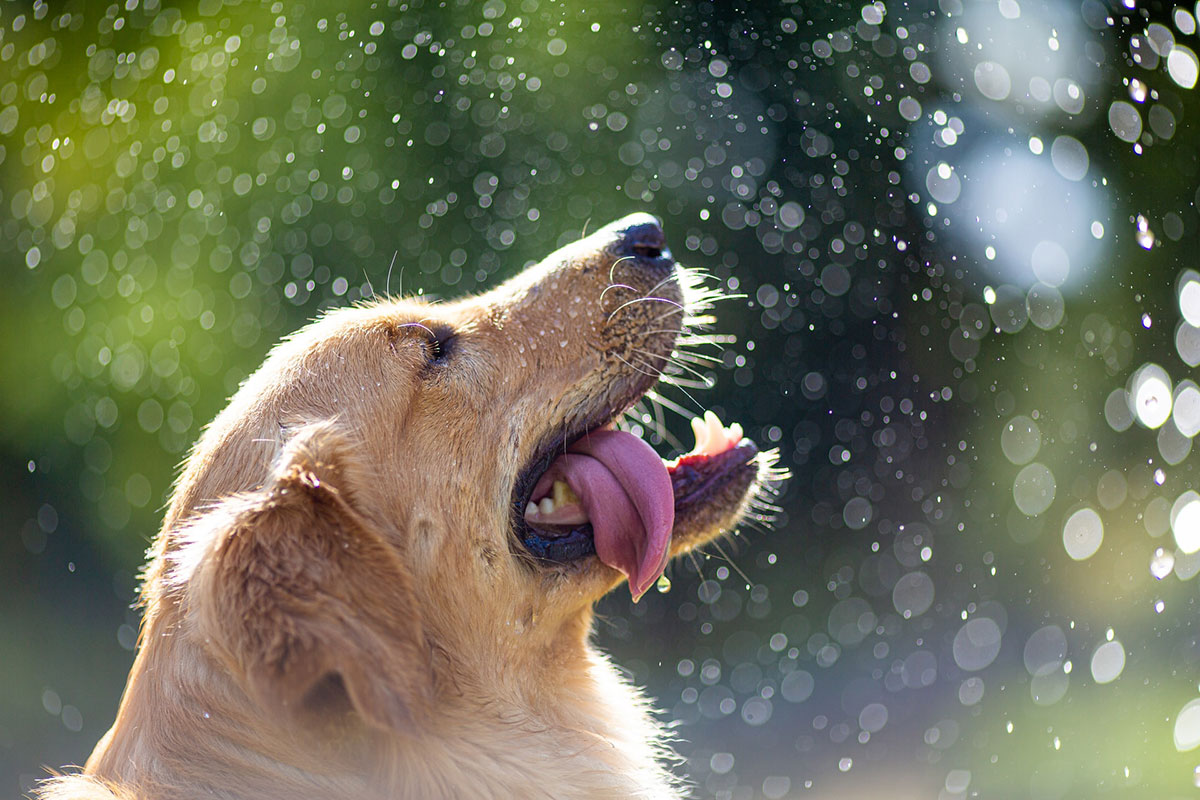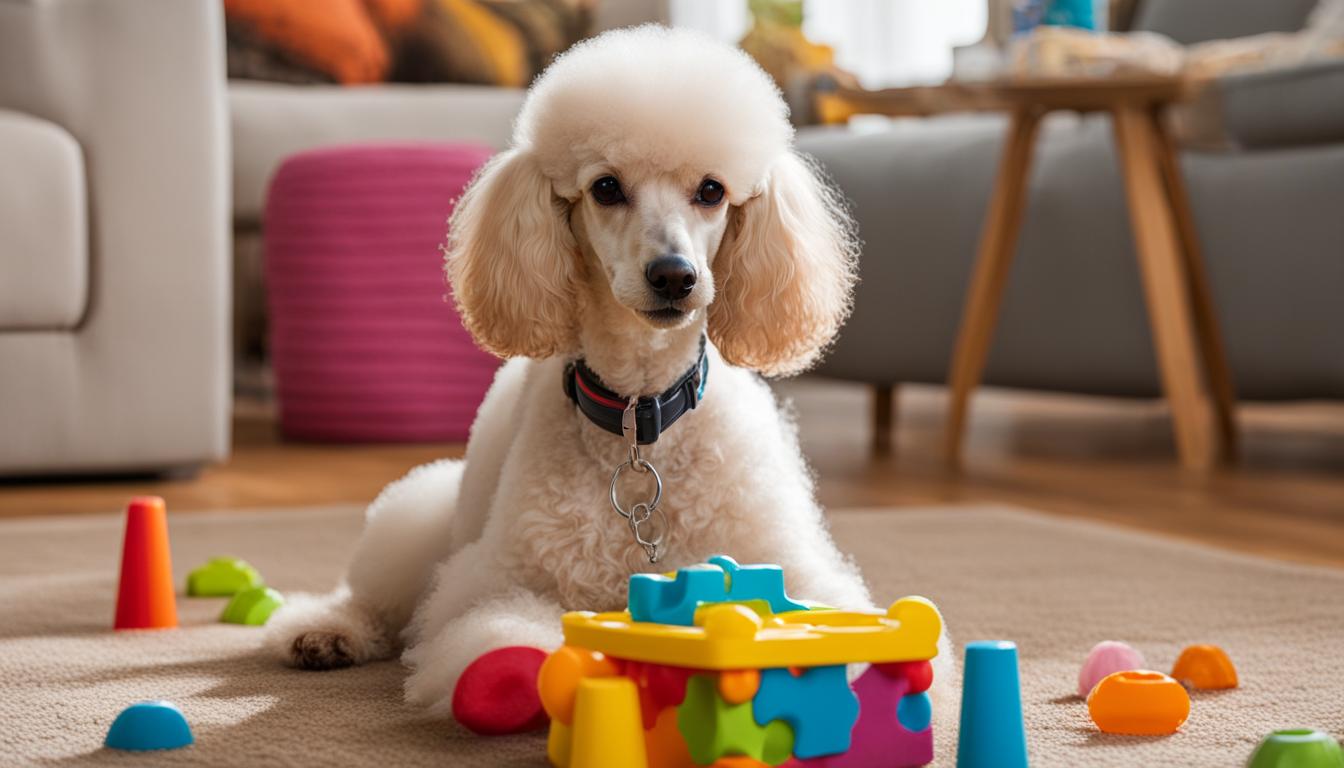Dogs bark because they want attention or they want to communicate something. They also bark at strangers, other animals, cars, trucks, planes, etc. Dogs bark when they see someone who looks suspicious, when they hear something unusual, or when their owners call them.
Barking helps establish social bonds between dogs and humans. It is a way for the dog to let us know that he/she sees us as part of his/her pack.
“Barking is a natural behavior for dogs,” says Dr. Karen Pryor, author of Barking Up The Wrong Tree. “It’s part of the communication system that has evolved over millions of years.”
The most common reason why dogs bark is to warn others about potential dangers. For example, if you leave your keys in the car door while it is running, your dog may bark to tell you that there is an intruder inside. If you have a new puppy, he will probably bark to alert you to any strange noises outside.
Anxious dogs can also bark excessively. This is usually due to separation anxiety. When a dog feels anxious, he barks to express this feeling. Dogs bark when they are excited or happy. A playful dog will often bark to show off. He wants to be noticed by his owner and friends.
Barking From Boredom
One of the most common reasons dogs bark is due to boredom. If you don’t give your dog enough exercise, he may feel bored and look for ways to entertain himself. He may start barking just to get your attention, or if you are not home, just constantly bark or yap.
Dogs bark when they are lonely. They need human companionship and affection. If your dog spends all day alone, he may become agitated and start barking. Often, we see this with working couples, where on the weekend you spend time with your dogs, but leave in the morning and don’t return until late.
Its a long time for a dog to stay alone, especially younger pups. They can be settled for the first part of the day, but as the afternoon rolls over, they become agitated and uptight. The closer it gets to your home time, the more likely barking will begin.
Tiring your dog out before work is one approach, but there are many other ideas and methods we have come up with. Check our our top strategies here.
Territorial Barking
Dogs react to noise, and movement, they are very sensitive and can pick up sounds from a distance away. If your dog hears another animal (or person) coming towards him, he may start barking. If your dog is afraid of something, he may bark to try to scare the object away. Or if he is protecting his territory, he may bark to keep people away.
If your dog is fearful of something, he may start barking even if its only a small amount of time. Often you will see the dogs posture change, and they will stand taller and stiffen their body. Their ears will point forward or back.
Breeds also impact territorial barking. Some breeds tend to bark more than others. We have listed some of the most aggressive breeds below:
- German Shepherd Dog
- Rottweiler
- Bulldog
- Pit Bull Terrier
- Chow Chow
- Boxer
- American Pit Bull Terrier
We’ve also included some of the least aggressive breeds:
- Golden Retriever
- Labrador Retriever
- Cocker Spaniel
Anxiety
Anxiety can be more common in older dogs, especially if there has been changes in the dogs life. It can happen because of illness, injury, loss of a loved one, moving into a new environment, etc. Anxiety can cause a dog to act aggressively, or to bark incessantly.
Some dogs who are prone to anxiety will bark at anything, including cars, trucks, motorcycles, bicycles, children, strangers, animals, etc. These dogs may bark continuously, it could last all day long in some cases with the dog not taking any time for a rest.
You can identify an anxious dog by observing the following behaviors:
- The dog may appear nervous and restless.
- He may pace around the house, or run circles around the yard.
- His tail may be tucked between his legs.
- He may growl or snap at everything that moves.
- He may jump up on people, furniture, walls, doors, etc.
- He may bite or nip at things.
He may starting doing his business inside the house or even on his bedding.
Its important to recognise these changes and develop a plan to help your dog. You should never punish your dog for barking. Instead, you should teach your dog how to control himself through positive reinforcement. Here are some tips on how to deal with anxiety:
Try to understand why your dog is acting like this. Is he scared? Does he feel threatened? Do you think he needs attention? Try to figure out what is causing your dog’s behavior.
Fear
When your dog is in fear, it can begin barking more often. This is usually due to a perceived threat. Your dog may be reacting to a real threat, or maybe he just thinks there is a threat. Either way, he is trying to protect himself.
Your dog may become hyper vigilant when he feels threatened. He may start pacing around the house, or running circles around the yard. His tail may be tucked between your legs. He may growl or snap. He may bite or nip. He may start doing his business indoors.
Dogs that are fearful of loud noises, such as thunderstorms, fireworks, sirens, etc., may also bark a lot. Learn to identify when your dog fears certain situations. Once you know what causes him to bark, you can work on reducing those triggers.
Are you at risk of a dog barking complaint?
If your dog is barking on a regular basis, and your neighbours are within a distance that the sound can travel, then its likely you will get a complaint. The best thing to do, is get on the front foot, you make the first move and let your neighbour know you are working on a barking mitigation plan and hope things will ease within the next number of weeks.
It does take time, and keep the communication flowing, from our research and experience, it provides the best approach to managing complaints.
How to Treat Excessive Barking
There are many approaches you can use, and while this article is specifically covering why dogs bark, we encourage you to view this article as a starting point.
What NOT to Do
Here is what not to do when your dog is barking excessively:
- Do not try to stop your dog from barking. If you tell him “no” too many times, he will associate barking with punishment. Punishment only makes him bark more.
- If you yell at your dog, he will learn that yelling is a good way to get rid of unwanted barking.
- Never hit your dog. Even though you might want to discipline your dog, hitting him will make him afraid of you.
- Never use physical force against your dog. Physical force will only escalate the situation.
- Don’t give your dog treats while he barks. The treats will reinforce the bad habit.
- Don’t ignore your dog when he barks. Ignoring your dog will only increase his frustration level.
- Don’t take away your dog’s food or water bowl. It will only encourage him to bark more.
- Don’t put your dog in a crate. Crates are great for training but they are not appropriate for everyday living.
- Don’t leave your dog alone in a room where he can hear other dogs barking. Dogs have very sensitive hearing and if they hear another dog barking, they may react by barking themselves.
- Don’t let your dog sleep in an area where he can hear other animals barking.
- Don’t allow your dog to go outside without supervision. A dog who has been locked outside all day long will probably bark when someone comes home.
- Don’t keep your dog in a small space. If your dog is confined to a small space, he will bark until he gets out.
In summary
You must first determine whether your dog is barking because he is frightened or bored. Then, you need to find out what is causing your pet to bark. Finally, you need to decide how best to deal with excessive barking.
We have plenty of advise and ideas on how to find the source of the problem along with strategies, techniques and ideas on how to prevent in the medium-to-long term.





